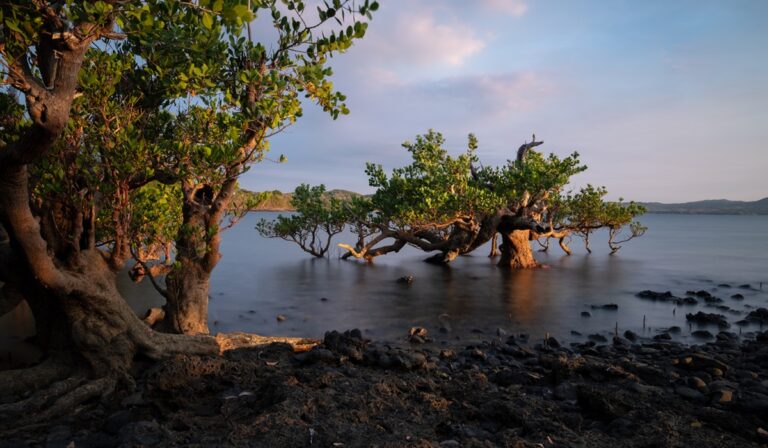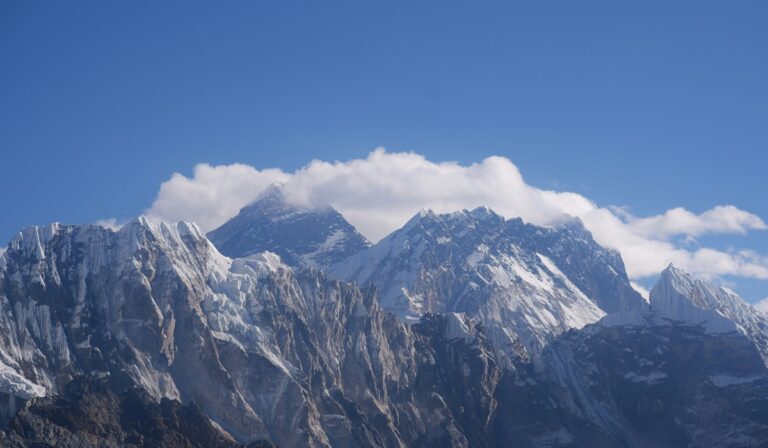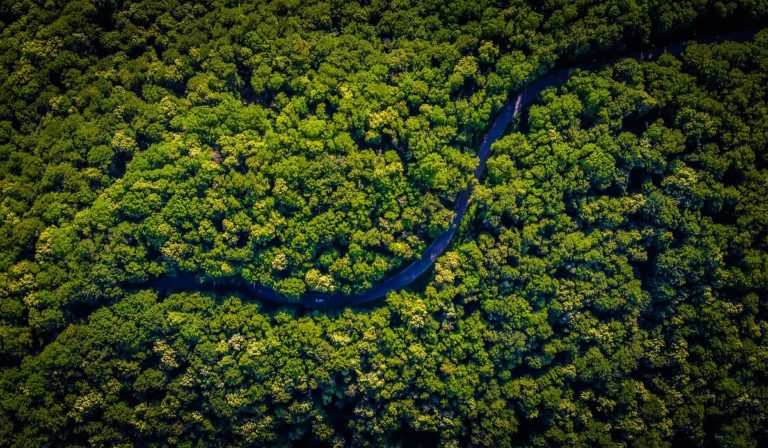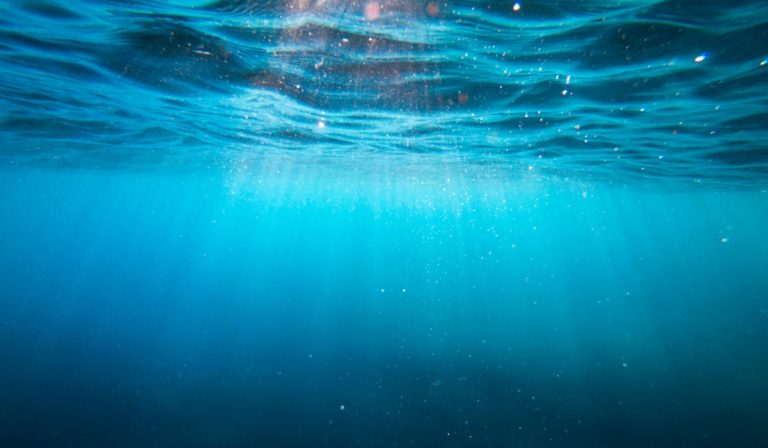Madagascar’s mangroves are rebounding after decades of deforestation
A new analysis of satellite imagery dating as far back as 1972 reveals that mangroves in Madagascar are rebounding after decades of deforestation. The island’s total mangrove cover is down 8% compared with 1972, but a closer look at the data shows that the rate of loss has been declining and even reversed in the last decade. Between 2009 and 2019, Madagascar’s mangrove cover increased by 5%, with mangrove forests expanding even more in protected areas — showing that conservation efforts are working.
Madagascar’s mangroves are rebounding after decades of deforestation Read more










